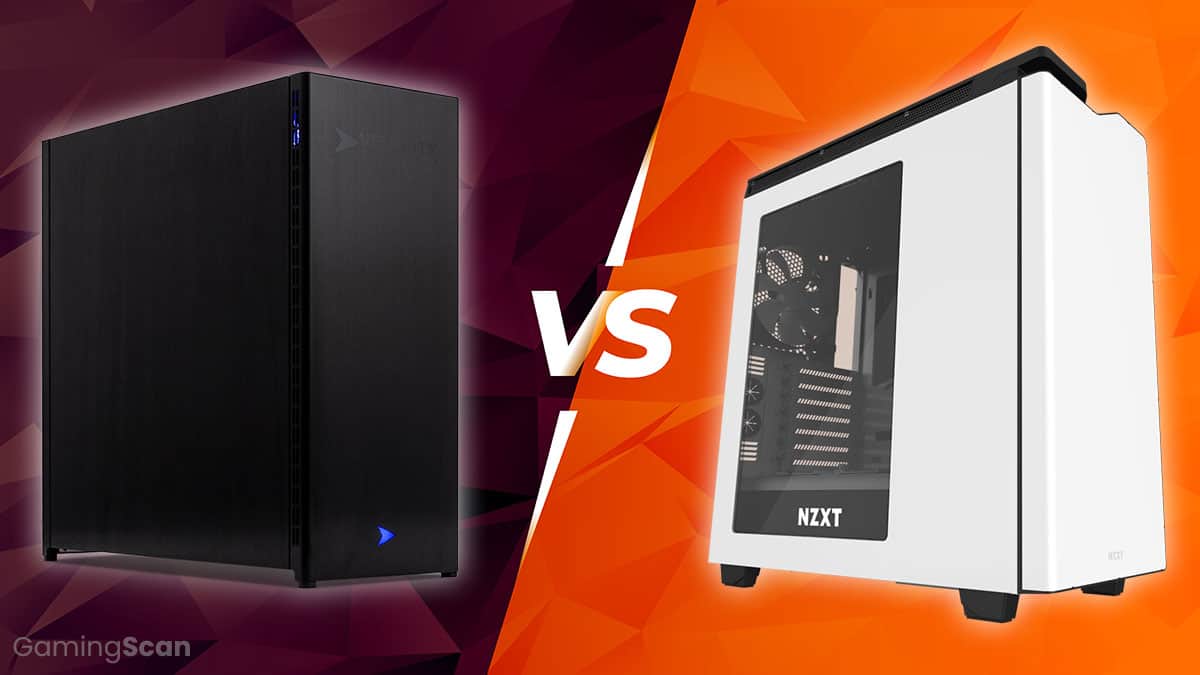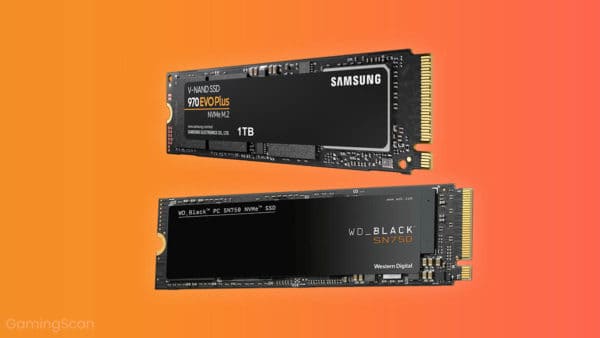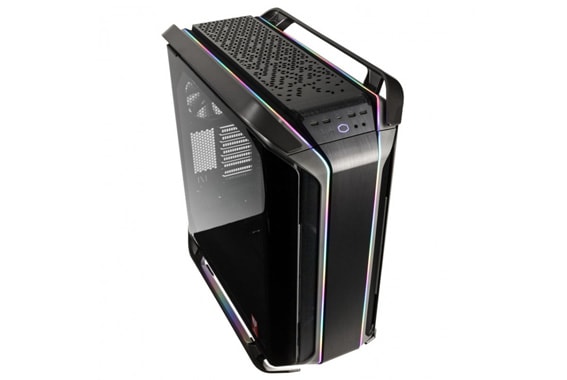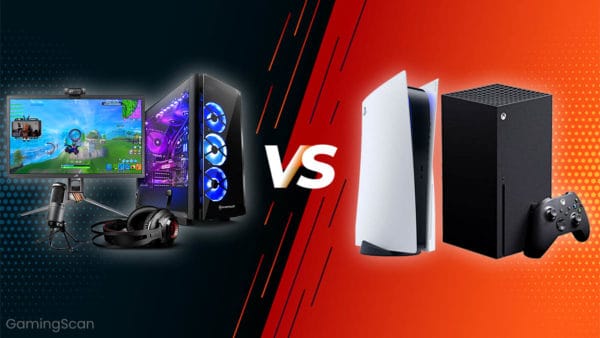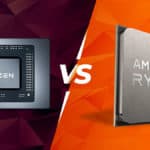Answer:
Workstations are made for demanding computational tasks and are marketed to various professionals.
They usually rely on hardware that is much more powerful and advanced than what is required by a gaming PC.
If you are a gamer and have participated in, or observed a discussion on hardware, then you are surely heard the term “workstation” being used from time to time.
But what exactly is a workstation? What is it used for? How is it different from a gaming PC?
We will answer all of those questions below! Let’s start with the basics.
Table of ContentsShow
What Is A Workstation?
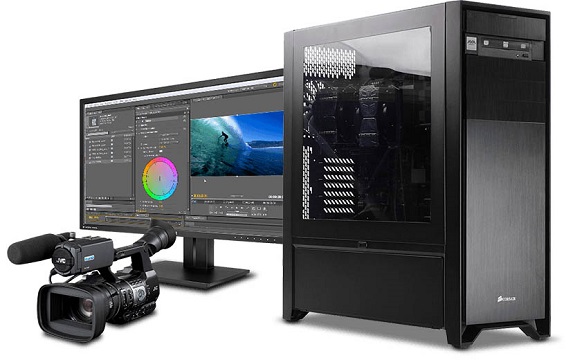
The term “workstation” refers to a computer made specifically to suit the purposes of professionals – be it scientists, engineers, architects, graphic designers, and more. Some companies sell pre-made workstation computers, although anyone can put together a workstation just like they can a gaming PC.
Several different professions use workstations, so they vary inevitably in their specifications. However, what every workstation will have in common is a powerful CPU and a larger-than-average amount of RAM.
Furthermore, workstations intended for more demanding tasks are designed with specialized components, which are engineered for high-performance. Plus, they can last longer despite having to work at peak efficiency in long sessions.
Workstation vs Gaming PC
And now, let’s answer the main question: what is the difference between a gaming PC and a workstation? Honestly, it all comes down to the components.
The CPU
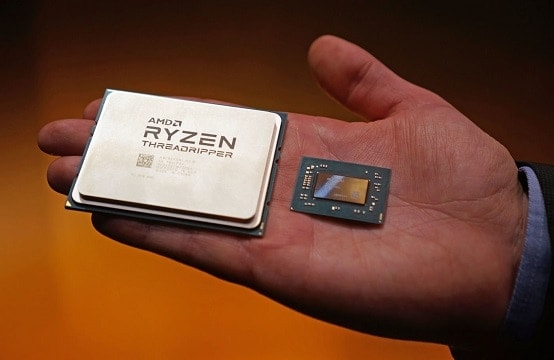
As mentioned above, workstations always have a powerful CPU that can handle complex computational tasks. CPUs found in a workstation can include the following:
- Intel Core i7 or AMD Ryzen 7, the most basic CPUs found in budget and mid-range workstations.
- Intel Core i9 or AMD Ryzen Threadripper, the most popular workstation CPUs, which tend to be in the sweet spot between price and performance.
- Intel Xeon or AMD EPYC, reserved only for the most powerful workstations, these CPUs are manufactured primarily to be used in servers and excel at multitasking and processing high volumes of data.
As you might already know, Intel Core i7 and Ryzen 7 processors are the most powerful processors that can be used in a gaming PC. Anything more powerful would be excessive.
Yet, as you can see, workstations go much further, employing CPUs that would never be used for gaming, unless serving both as a workstation and a gaming PC.
The GPU
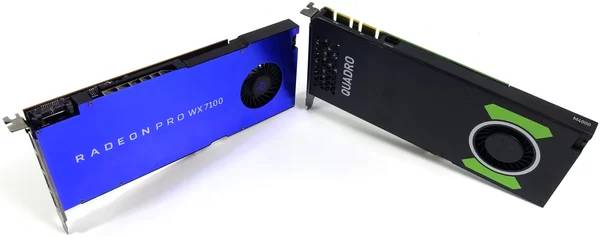
However, the GPU is the essential component in a gaming PC. It could also be an integral part of a workstation if used for graphics-heavy tasks, such as photo editing, video editing, 3D modeling, etcetera.
If that is the case, a workstation will utilize one of the following GPU brands:
- Nvidia GeForce or AMD Radeon RX, are the names that you, as a gamer, are undoubtedly familiar with. Several workstations commonly use high-end GeForce and Radeon cards, sometimes in multi-GPU configurations.
- Nvidia Quadro or AMD RadeonPro, are genuine workstation GPUs. They differ from gaming GPUs since they have greater amounts of video and bandwidth memory and overall higher processing power. Additionally, they are optimized for GPU-heavy software, and not for games.
The RAM
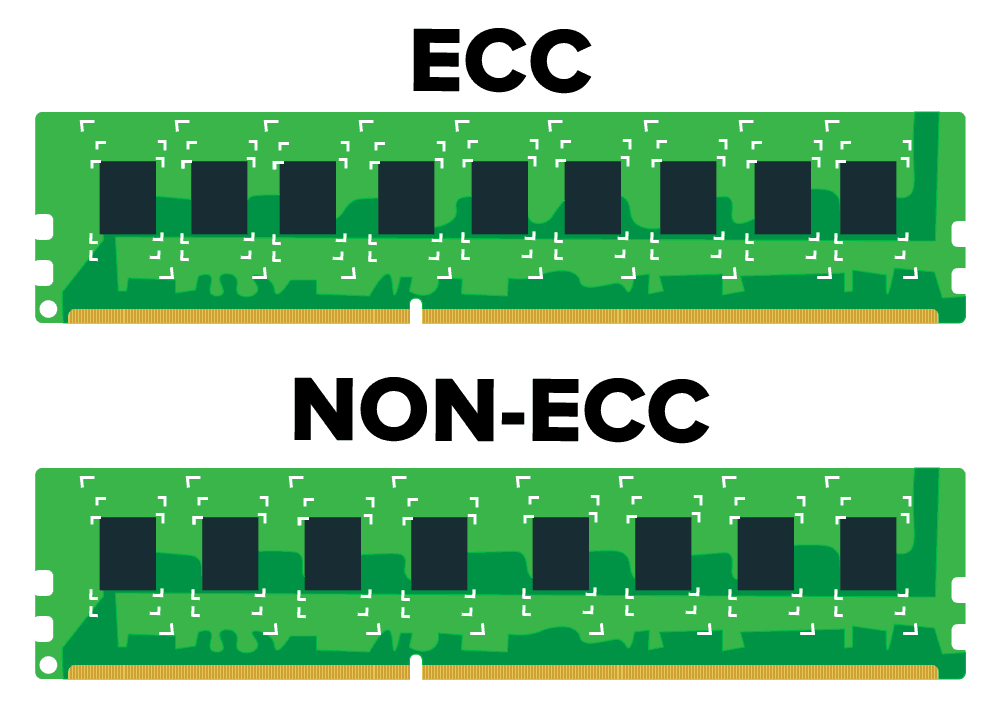
People often overestimate the amount of RAM required by a gaming PC. As we have previously explained in this article, a gaming PC will perform more than well with as little as 8 GB of RAM, and even 16 GB is usually too much.
Workstations, on the other hand, need humongous amounts of RAM as compared to gaming PCs. Most of them stick to either 32 GB or 64 GB, but high-end ones can have 128 GB or even 256 GB of RAM.
What’s more, workstations commonly rely on ECC RAM, which improves system/program stability and prevents data corruption.
The Storage

Modern workstations favor SSDs as a primary means of storing information, due to their sheer speed which dwarfs that of HDDs. However, since a workstation user may also need to store large volumes of data, HDDs with several terabytes of space are commonly included in the configuration.
With that said, workstations and gaming PCs don’t differ much in this regard, except for the fact that a workstation will almost definitely use higher-capacity storage drives.
The Motherboard
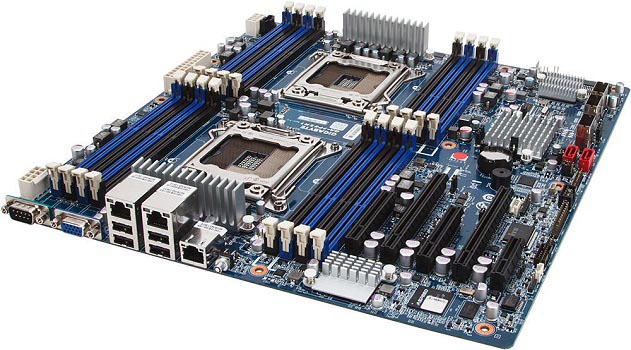
A workstation’s motherboard is not that different, except for apart from the fact that it may utilize a special chipset and socket, designed for the more powerful CPUs listed above. However, some users may opt for motherboards that have additional RAM and PCIe slots that meet their requirements. There are also dual-CPU motherboards, but those are more common among servers.
Are Workstations Good For Gaming?
Seeing how workstations tend to outclass gaming PCs, it is safe to say that any decent workstations will perform just as well as a top-notch gaming PC. However, this depends mainly on the GPU. If it features a high-end Quadro or RadeonPro graphics card, then it will keep up with a high-end gaming PC with ease. However, if it is a more affordable model with limited VRAM, it may not perform quite as well.
It should also be noted that those cards are not optimized for games but for professional software use – such as CAD Autodesk – which is something that could affect in-game performance, although only slightly.
Can you use a gaming PC as a workstation?
Once again, it all depends on the specifications and how much you value your time. Essentially, if a PC can run a certain piece of software, then you can technically use it as a workstation.
However, due to hardware limitations, the PC may take significantly longer to process and render everything that is required, compared to a proper workstation.
